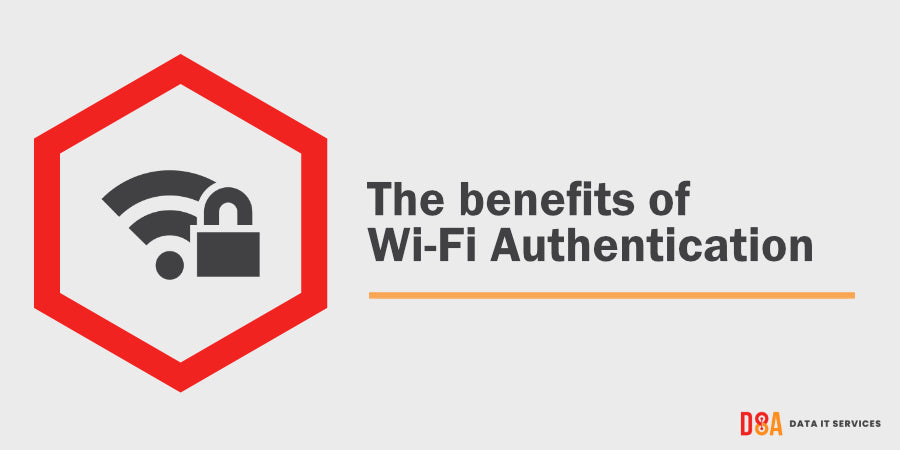The benefits of Wi-Fi Authentication

Wi-Fi authentication is the security process that confirms the legitimacy of a user or device attempting to connect to a wireless network, ensuring authorised access and data protection. It plays a crucial role in securing wireless networks. Here is a breakdown of its key benefits:
Enhanced security
Protection against unauthorised access: Authentication verifies the identity of users and devices before granting them network access, preventing unauthorised individuals from connecting. Strong authentication protocols, such as 802.1X with RADIUS servers aid with this.
Reduced risk of credential theft: Methods like Wi-Fi certificate authentication replace vulnerable password-based systems with cryptographic digital certificates, making it significantly harder for attackers to steal credentials.
Mitigation of Man-in-the-Middle (MITM) attacks: Strong authentication protocols, especially those using digital certificates, help prevent "man-in-the-middle" attacks, where attackers intercept and manipulate communication between devices and the network.
Stronger encryption: Authentication often works in conjunction with strong encryption protocols like WPA3, ensuring that data transmitted over the Wi-Fi network is protected from eavesdropping.
Security isolation: Wi-Fi authentication allows for the creation of a separate guest network, isolating guest traffic from the company's sensitive internal network. This prevents guests from accidentally or intentionally accessing critical data. This is crucial for preventing malware or compromised devices on the guest network from spreading to the main network.
Improved network management
Granular access control: Allows network administrators to implement fine-grained access controls, granting different levels of access to different users or devices based on their roles and permissions.
Centralised management: Authentication systems, particularly those using RADIUS servers, enable centralised management of user accounts and access policies, simplifying network administration.
Auditability and accountability: Authentication provides a clear record of who is accessing the network, making it easier to track user activity and identify potential security breaches.
Reduced administrative overhead: By using certificate-based authentication, this helps reduce the need for constant password changes, thus reducing the workload of IT departments.
Enhanced user experience:
Seamless connectivity: Modern authentication methods, like certificate-based authentication, can provide a more seamless and user-friendly experience, reducing the need for frequent password entries.
Reliable connections: Strong authentication contributes to more stable and reliable Wi-Fi connections, minimising disruptions and improving overall network performance.
BYOD (Bring Your Own Device) security: With the increasing prevalence of BYOD, Wi-Fi authentication is essential for securing corporate networks. It allows businesses to authenticate and authorise employee-owned devices, ensuring they meet security requirements before granting network access.
In essence, Wi-Fi authentication is a fundamental security measure that protects wireless networks from unauthorised access, safeguards sensitive data, and enhances network management.
By implementing Wi-Fi authentication and linking this to Microsoft 365, as well as setting VLANs for network segmentation, you can create a more secure, efficient, and user-friendly wireless network environment. For further information, please see our Wi-Fi Authentication service page. Alternatively, please Contact us to schedule a consultation and explore our tailored solutions.
